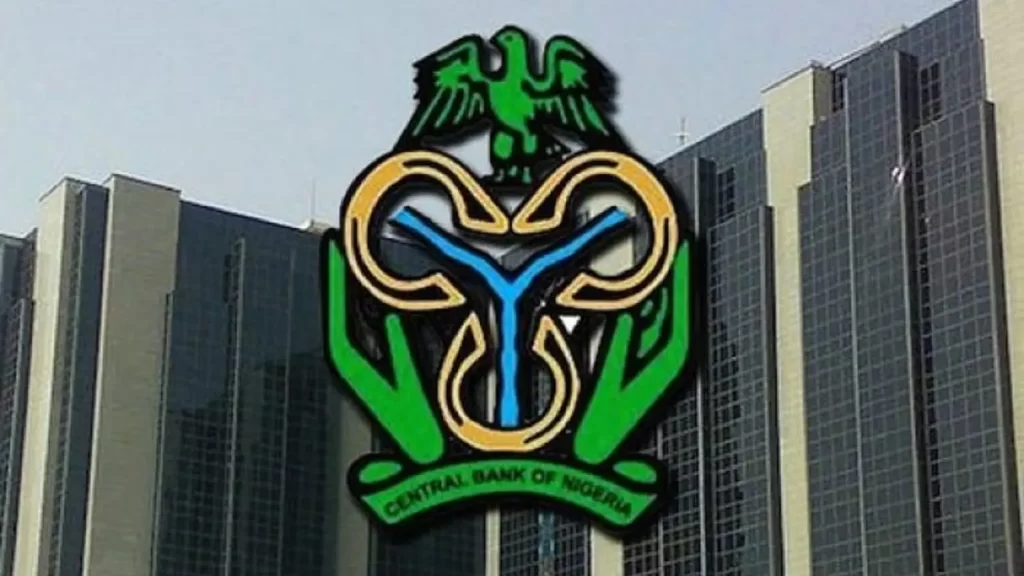The Central Bank of Nigeria has instructed regulated entities to provide customers with notices of outstanding obligations before beginning debt collection.
This is to ensure that the debt recovery process is transparent, courteous, and fair.
CBN stated this in a document released on Thursday on its website titled “Revised Consumer Protection Regulations.”
It noted that the essence of the document is to ensure financial institutions follow consumer protection principles.
The regulations outline consumer rights and aim for better outcomes and access to financial services.
The document states that foreclosures should only be initiated as a last resort after other recovery options have failed.
Foreclosure is the legal process in which the ownership shifts to the bank or lender if the debtor fails to pay the loan.
“Customers should be given the option of a private sale before foreclosure, which must be exercised within 30 days unless the customer has waived this right,” the document stated.
The apex bank further mandated that financial service providers must apply the net proceeds from foreclosures to the loan account and inform customers of the remaining balance.
The CBN added that banks must give customers a report on the collateral sale, stating process, expenses, and net proceeds noting that banks are responsible for the actions of debt collection agents.
The Document
The document outlines restrictions for loan providers in terms of contacting individuals related to a customer.
It stated, “Providers are not allowed to contact friends, employers, relatives, or neighbors for any information other than employment status, telephone numbers, or address. The only exception is if the person has guaranteed the loan or has given consent to be contacted.”
Additionally, banks must safeguard customers’ assets and are responsible for losses due to control breaches; test products with consumers and modify to reduce fraud/errors and implement measures and authentication for transactions.
FSPs are also mandated to install automated transaction monitoring, alert functions, and behavioural monitoring to detect and prevent fraud; customers must also be educated on fraud threats or scams.
The document added that the providers must communicate procedures for reporting suspicious, unauthorised, fraudulent, lost, or stolen payment instruments and/or authentication information to consumers periodically.
The apex bank requires financial institutions to offer secure and user-friendly interfaces for digital financial services to prevent errors and double transactions.
The CBN added that banks must protect consumer data privacy and confidentiality from unauthorised access and be responsible for any acts or omissions in this regard.
The providers are required to incorporate personal data protection into their product or system designs; they must obtain written consent from consumers to collect and process their personal data for specific purposes, and allow them to withdraw their consent at any time and are prohibited from sharing consumers’ personal data with third parties without their express consent, and must provide clear and simple “Opt-in” and “Opt-Out” options for data sharing.
“Safeguarding the interests and ensuring greater protection of consumers in the evolving financial services landscape necessitated the review of the 2019 Consumer Protection Regulations,” it added.
Credit: punchng.com




Leave a reply